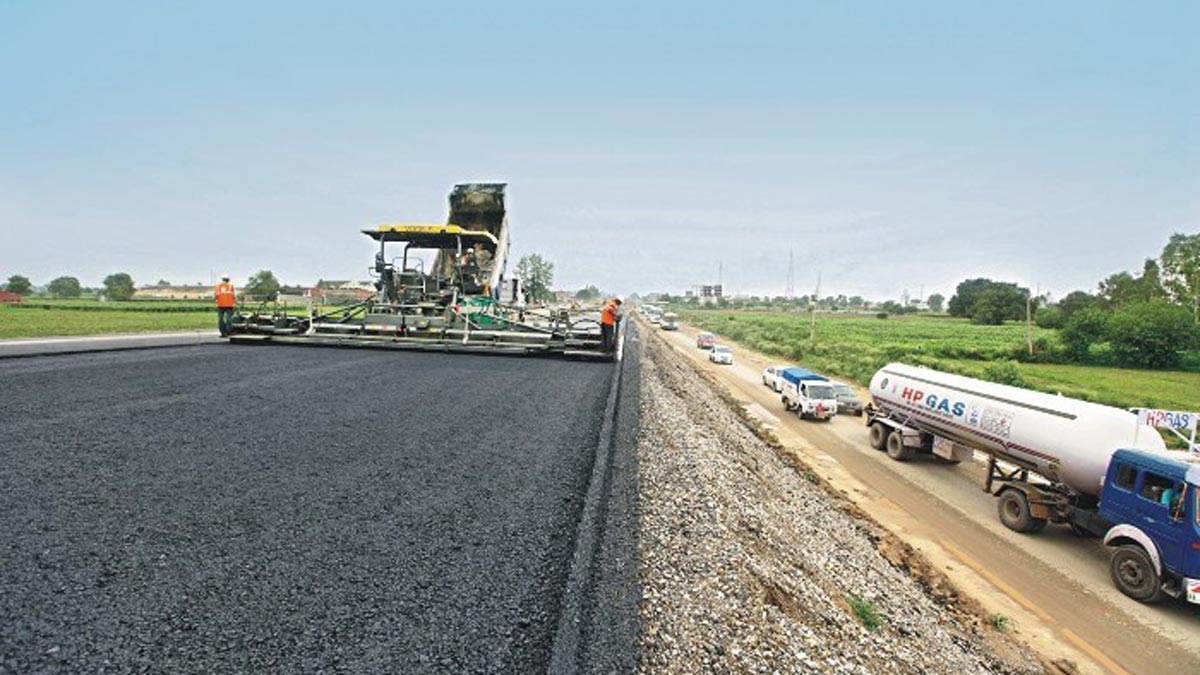- Lagos-Ibadan Road: Contractor to Increase Work Pace
The contractors handling the reconstruction of the Lagos-Ibadan Expressway will make good use of the dry season by increasing the pace of construction work on the road, the Federal Controller of Works, Lagos, Mr Adedamola Kuti, has said.
Kuti told our correspondent on Friday that the contractor returned to site on January 7 and commenced construction at about January 10.
“We need to make effective use of this dry season, which is why we resumed early, we will try as much as possible to push for speed,” he said.
Kuti stated that the barricaded construction zones at Asese, Mowe and other parts of the road, which were opened to motorists in December, had been closed.
The contractor, Julius Berger, had in 2018 stated that the completion date of the project, which was supposed to be in 2017, had been shifted to 2021, following the incorporation of underpasses, flyovers and toll plazas, among other additions.
Kuti had also said the construction cost for the section one of the Lagos-Ibadan Expressway, stretching from Lagos to Sagamu Interchange, had risen to N134bn due to the additional works expected to be carried out on Section One of the road, which were not in the original plan.
He explained that the initial cost was N70bn but that the project was delayed due to lack of adequate funding.
He, however, stated that what was experienced in the past due to funding would not happen again as the Federal Government had set aside funds for the road which he said it considered a priority.
Kuti noted that with the funds in place, there would be no form of delay on the Lagos-Ibadan Expressway project, outside weather.
The rehabilitation of the road was in November 2012 taken away from Bi-Courtney and given to Julius Berger Nigeria Plc and Reynolds Construction Company Limited.
At the inauguration of the project in July 2014, former President, Goodluck Jonathan, had said work on the 127. 6 -kilometre road would cost N167bn and would be completed in 48 months.
He said Julius Berger would handle Section 1 of the road, stretching about 43.6 kilometres from the old tollgate in Lagos to Sagamu Interchange while RCC would work on the second section, about 84 kilometres from Sagamu to Ibadan.
The project was, however, abandoned on several occasions due to lack of funding.

 Forex3 weeks ago
Forex3 weeks ago
 Naira3 weeks ago
Naira3 weeks ago
 Billionaire Watch3 weeks ago
Billionaire Watch3 weeks ago



 Naira3 weeks ago
Naira3 weeks ago






 Naira3 weeks ago
Naira3 weeks ago




 Naira2 weeks ago
Naira2 weeks ago




 Naira4 weeks ago
Naira4 weeks ago






 Naira2 weeks ago
Naira2 weeks ago
























